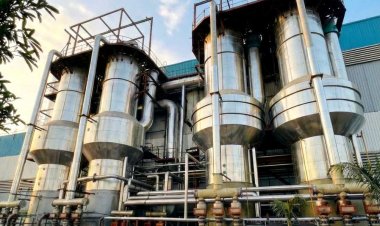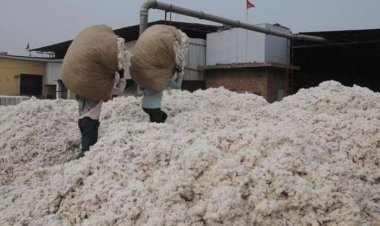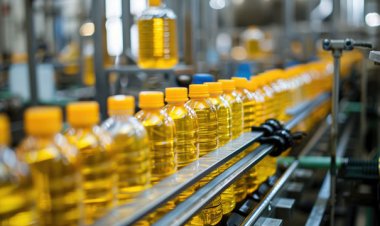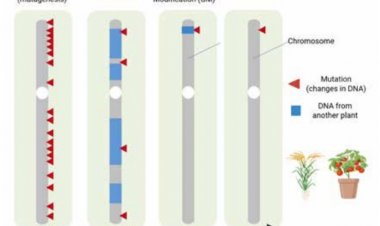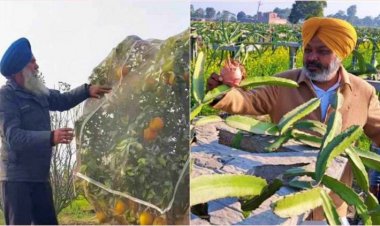In a relief to sugar distilleries for ethanol production, the Union Food Ministry has allowed them to convert their existing stocks of 670,000 tonnes of B-heavy molasses into ethanol -- a move that will improve the finances of sugar mills.
On the advice of the Food Ministry, the Petroleum Ministry has started process of allocating additional ethanol to individual distilleries on the basis of physical stock of B-heavy molasses held by them as on 31st March, 2024, he said.
"As a result of this, the Central government’s concerned ministerial departments moved immediately and on April 24, the Central government granted permission to use about 7 lakh tonnes of remaining B Heavy Molasses for ethanol," National Federation of Cooperative Sugar Factories (NFCSF) President Harshvardhan Patil said.
Out of this, about 3.25 lakh tonnes of surplus sugar will be diverted to ethanol production, which will produce 38 crore liters of ethanol at a cost of Rs.2,300 crore. This decision will help in reducing the sugar stocks and consequently improve the selling rate of local sugar.
"This comforting decision will release around Rs 700 crore stuck in the remaining stocks of B Heavy Molasses in the mills. And from the sale of 38 crore liters of ethanol produced, about Rs 2,300 crore will be available to factories with distillation projects across the country so that farmers can be paid timely and fully," Patil said.
Accordingly, the petroleum ministry has been asked to instruct oil retailers to lift ethanol to be used in the next cycle.
This decision, which aims to expedite payments to sugarcane farmers thereby enhancing their financial stability, reflects the government's comfort with the current level of sugar production relative to domestic consumption needs.
Sugar mills were stuck with stocks of B-heavy molasses that they could not use for sugar production, hoping to convert it into ethanol in the future. The complexities of processing B-heavy molasses stored in tankers into sugar make it a costly and challenging endeavour.
The directive is significant as it aligns with the end of the sugarcane crushing season and supports India's ambitious ethanol-blending targets—E15 by 2023-24 and E20 by 2025-26.
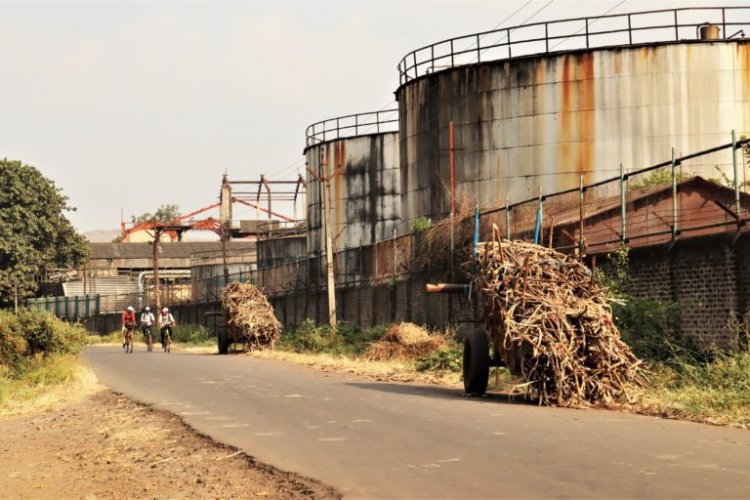



 Join the RuralVoice whatsapp group
Join the RuralVoice whatsapp group

















